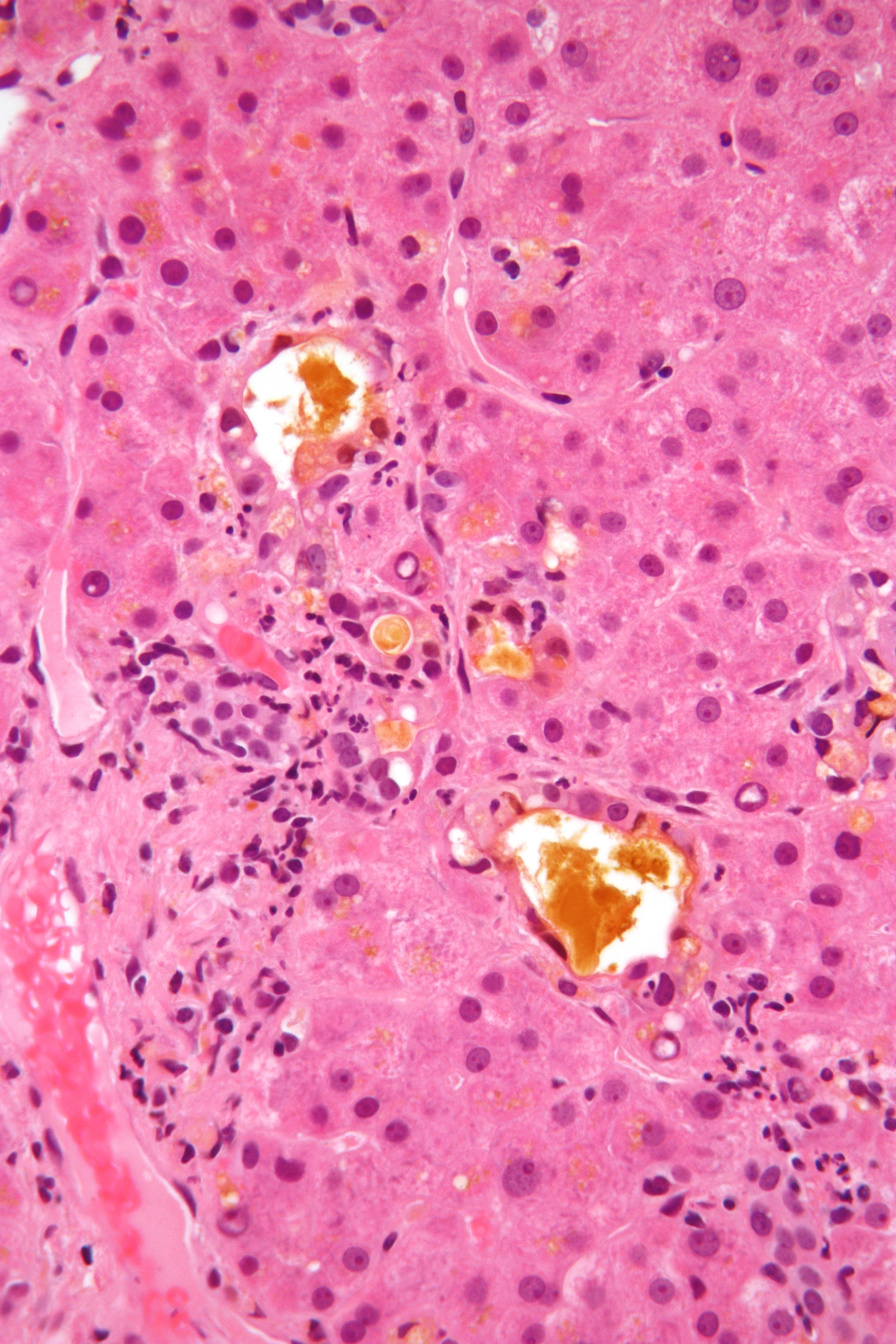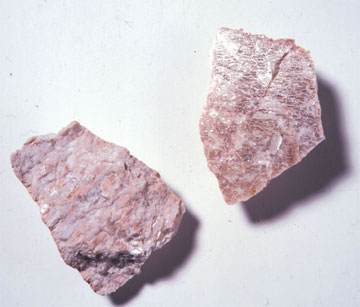|
Johann Georg Dragendorff
Johann Georg Noel Dragendorff (August 8, 1836 – April 7, 1898) was a German pharmacist and chemist born in Rostock. Education He earned his doctorate in philosophy from the University of Rostock in 1861, and following graduation worked for the Pharmaceutical Society of St. Petersburg. From 1864 to 1894 he was a professor of pharmacy at the Imperial University of Dorpat. In 1872 he was awarded an honorary doctorate in medicine from the University of Munich. He was the president of the Estonian Naturalists' Society in 1890–1893. He received the Hanbury Medal in 1885. in ''rpharms.com'', Royal Pharmaceutical society. Dragendorff's reagent and Dragendorff's test His name is associated with |
Bismuth Iodide
Bismuth(III) iodide is the inorganic compound with the formula Bi I3. This gray-black salt is the product of the reaction of bismuth and iodine, which once was of interest in qualitative inorganic analysis. Bismuth(III) iodide adopts a distinctive crystal structure, with iodide centres occupying a hexagonally closest-packed lattice, and bismuth centres occupying either none or two-thirds of the octahedral holes (alternating by layer), therefore it is said to occupy one third of the total octahedral holes. Synthesis Bismuth(III) iodide forms upon heating an intimate mixture of iodine and bismuth powder: :2Bi + 3I2 → 2BiI3 BiI3 can also be made by the reaction of bismuth oxide with aqueous hydroiodic acid: :Bi2O3(s) + 6HI(aq) → 2BiI3(s) + 3H2O(l) Reactions Since bismuth(III) iodide is insoluble in water, an aqueous solution can be tested for the presence of Bi3+ ions by adding a source of iodide such as potassium iodide. A black precipitate of bismuth(III) iodide indica ... [...More Info...] [...Related Items...] OR: [Wikipedia] [Google] [Baidu] |
Academic Staff Of The University Of Tartu
An academy (Attic Greek: Ἀκαδήμεια; Koine Greek Ἀκαδημία) is an institution of tertiary education. The name traces back to Plato's school of philosophy, founded approximately 386 BC at Akademia, a sanctuary of Athena, the goddess of wisdom and Skills, skill, north of Ancient Athens, Athens, Greece. The Royal Spanish Academy defines academy as scientific, literary or artistic society established with public authority and as a teaching establishment, public or private, of a professional, artistic, technical or simply practical nature. Etymology The word comes from the ''Academy'' in ancient Greece, which derives from the Athenian hero, ''Akademos''. Outside the city walls of Athens, the Gymnasium (ancient Greece), gymnasium was made famous by Plato as a center of learning. The sacred space, dedicated to the goddess of wisdom, Athena, had formerly been an olive Grove (nature), grove, hence the expression "the groves of Academe". In these gardens, the philos ... [...More Info...] [...Related Items...] OR: [Wikipedia] [Google] [Baidu] |
People From Rostock
The term "the people" refers to the public or Common people, common mass of people of a polity. As such it is a concept of human rights law, international law as well as constitutional law, particularly used for claims of popular sovereignty. In contrast, a people is any plurality of Person, persons considered as a whole. Used in politics and law, the term "a people" refers to the collective or community of an ethnic group or nation. Concepts Legal Chapter One, Article One of the Charter of the United Nations states that "peoples" have the right to self-determination. Though the mere status as peoples and the right to self-determination, as for example in the case of Declaration on the Rights of Indigenous Peoples, Indigenous peoples (''peoples'', as in all groups of indigenous people, not merely all indigenous persons as in ''indigenous people''), does not automatically provide for independence, independent sovereignty and therefore secession. Indeed, judge Ivor Jennings i ... [...More Info...] [...Related Items...] OR: [Wikipedia] [Google] [Baidu] |
19th-century German Chemists
The 19th century began on 1 January 1801 (represented by the Roman numerals MDCCCI), and ended on 31 December 1900 (MCM). It was the 9th century of the 2nd millennium. It was characterized by vast social upheaval. Slavery was Abolitionism, abolished in much of Europe and the Americas. The First Industrial Revolution, though it began in the late 18th century, expanded beyond its British homeland for the first time during the 19th century, particularly remaking the economies and societies of the Low Countries, France, the Rhineland, Northern Italy, and the Northeastern United States. A few decades later, the Second Industrial Revolution led to ever more massive urbanization and much higher levels of productivity, profit, and prosperity, a pattern that continued into the 20th century. The Catholic Church, in response to the growing influence and power of modernism, secularism and materialism, formed the First Vatican Council in the late 19th century to deal with such problems an ... [...More Info...] [...Related Items...] OR: [Wikipedia] [Google] [Baidu] |
German Pharmacists
German(s) may refer to: * Germany, the country of the Germans and German things **Germania (Roman era) * Germans, citizens of Germany, people of German ancestry, or native speakers of the German language ** For citizenship in Germany, see also German nationality law **Germanic peoples (Roman era) *German diaspora * German language * German cuisine, traditional foods of Germany People * German (given name) * German (surname) * Germán, a Spanish name Places * German (parish), Isle of Man * German, Albania, or Gërmej * German, Bulgaria * German, Iran * German, North Macedonia * German, New York, U.S. * Agios Germanos, Greece Other uses * German (mythology), a South Slavic mythological being * Germans (band), a Canadian rock band * "German" (song), a 2019 song by No Money Enterprise * ''The German'', a 2008 short film * "The Germans", an episode of ''Fawlty Towers'' * ''The German'', a nickname for Congolese rebel André Kisase Ngandu See also * Germanic (disambiguati ... [...More Info...] [...Related Items...] OR: [Wikipedia] [Google] [Baidu] |
Julius Leopold Pagel
Julius Leopold Pagel (29 May 1851, Pollnow – 30 January 1912, Berlin) was a German physician and historian of medicine. Biography Pagel was educated at the gymnasium at Stolp and at the University of Berlin (M.D. 1875). In 1876 he established himself as a physician in Berlin, receiving from the university in that city the ''venia legendi'' in 1891, and the title of professor in 1898. In 1902 he became assistant professor of the history of medicine. From 1885 Pagel was assistant editor of August Hirsch's ''Biographisches Lexikon der Hervorragenden Ärzte Aller Zeiten und Völker''. He was also editor of the ''Deutsche Ärzte-Zeitung'' and of the ''Biographisches Lexikon Hervorragender Ärzte des Neunzehnten Jahrhunderts'', Berlin and Vienna, 1901. Beginning in 1899 he was collaborator for medical history on Rudolf Virchow's ''Jahresbericht über die Leistungen und Fortschritte in der Gesammten Medizin''. Pagel was a member of the ''Neue Mittwochsgesellschaft'' (1824–18 ... [...More Info...] [...Related Items...] OR: [Wikipedia] [Google] [Baidu] |
Forensic Chemistry
Forensic chemistry is the application of chemistry and its subfield, forensic toxicology, in a legal setting. A forensic chemist can assist in the identification of unknown materials found at a crime scene. Specialists in this field have a wide array of methods and instruments to help identify unknown substances. These include high-performance liquid chromatography, gas chromatography-mass spectrometry, atomic absorption spectroscopy, Fourier transform infrared spectroscopy, and thin layer chromatography. The range of different methods is important due to the destructive nature of some instruments and the number of possible unknown substances that can be found at a scene. Forensic chemists prefer using nondestructive methods first, to preserve evidence and to determine which destructive methods will produce the best results. Along with other forensic specialists, forensic chemists commonly testify in court as expert witnesses regarding their findings. Forensic chemists follow ... [...More Info...] [...Related Items...] OR: [Wikipedia] [Google] [Baidu] |
Bile
Bile (from Latin ''bilis''), also known as gall, is a yellow-green/misty green fluid produced by the liver of most vertebrates that aids the digestion of lipids in the small intestine. In humans, bile is primarily composed of water, is produced continuously by the liver, and is stored and concentrated in the gallbladder. After a human eats, this stored bile is discharged into the first section of the small intestine, known as the duodenum. Composition In the human liver, bile is composed of 97–98% water, 0.7% bile salts, 0.2% bilirubin, 0.51% fats ( cholesterol, fatty acids, and lecithin), and 200 meq/L inorganic salts. The two main pigments of bile are bilirubin, which is orange-yellow, and its oxidised form biliverdin, which is green. When mixed, they are responsible for the brown color of feces. About of bile is produced per day in adult human beings. Function Bile or gall acts to some extent as a surfactant, helping to emulsify the lipids in food. B ... [...More Info...] [...Related Items...] OR: [Wikipedia] [Google] [Baidu] |
Alkaloid
Alkaloids are a broad class of natural product, naturally occurring organic compounds that contain at least one nitrogen atom. Some synthetic compounds of similar structure may also be termed alkaloids. Alkaloids are produced by a large variety of organisms including bacteria, fungus, fungi, Medicinal plant, plants, and animals. They can be purified from crude extracts of these organisms by acid-base extraction, or solvent extractions followed by silica-gel column chromatography. Alkaloids have a wide range of pharmacology, pharmacological activities including antimalarial medication, antimalarial (e.g. quinine), asthma, antiasthma (e.g. ephedrine), chemotherapy, anticancer (e.g. omacetaxine mepesuccinate, homoharringtonine), cholinomimetic (e.g. galantamine), vasodilation, vasodilatory (e.g. vincamine), Antiarrhythmic agent, antiarrhythmic (e.g. quinidine), analgesic (e.g. morphine), antibacterial (e.g. chelerythrine), and anti-diabetic, antihyperglycemic activities (e.g. berb ... [...More Info...] [...Related Items...] OR: [Wikipedia] [Google] [Baidu] |
Potassium
Potassium is a chemical element; it has Symbol (chemistry), symbol K (from Neo-Latin ) and atomic number19. It is a silvery white metal that is soft enough to easily cut with a knife. Potassium metal reacts rapidly with atmospheric oxygen to form flaky white potassium peroxide in only seconds of exposure. It was first isolated from potash, the ashes of plants, from which its name derives. In the periodic table, potassium is one of the alkali metals, all of which have a single valence electron in the outer electron shell, which is easily removed to create cation, an ion with a positive charge (which combines with anions to form salts). In nature, potassium occurs only in ionic salts. Elemental potassium reacts vigorously with water, generating sufficient heat to ignite hydrogen emitted in the reaction, and burning with a lilac-flame color, colored flame. It is found dissolved in seawater (which is 0.04% potassium by weight), and occurs in many minerals such as orthoclase, a ... [...More Info...] [...Related Items...] OR: [Wikipedia] [Google] [Baidu] |
Pharmacist
A pharmacist, also known as a chemist in English in the Commonwealth of Nations, Commonwealth English, is a healthcare professional who is knowledgeable about preparation, mechanism of action, clinical usage and legislation of medications in order to dispense them safely to the public and to provide consultancy services. A pharmacist also often serves as a primary care provider in the community and offers services, such as health screenings and immunizations. Pharmacists undergo university or graduate-level education to understand the biochemical mechanisms and actions of drugs, drug uses, therapeutic roles, side effects, potential drug interactions, and monitoring parameters. In developing countries, a diploma course from approved colleges qualifies one for pharmacist role. This is mated to anatomy, physiology, and pathophysiology. Pharmacists interpret and communicate this specialized knowledge to patients, physicians, and other health care providers. Among other licensing ... [...More Info...] [...Related Items...] OR: [Wikipedia] [Google] [Baidu] |






